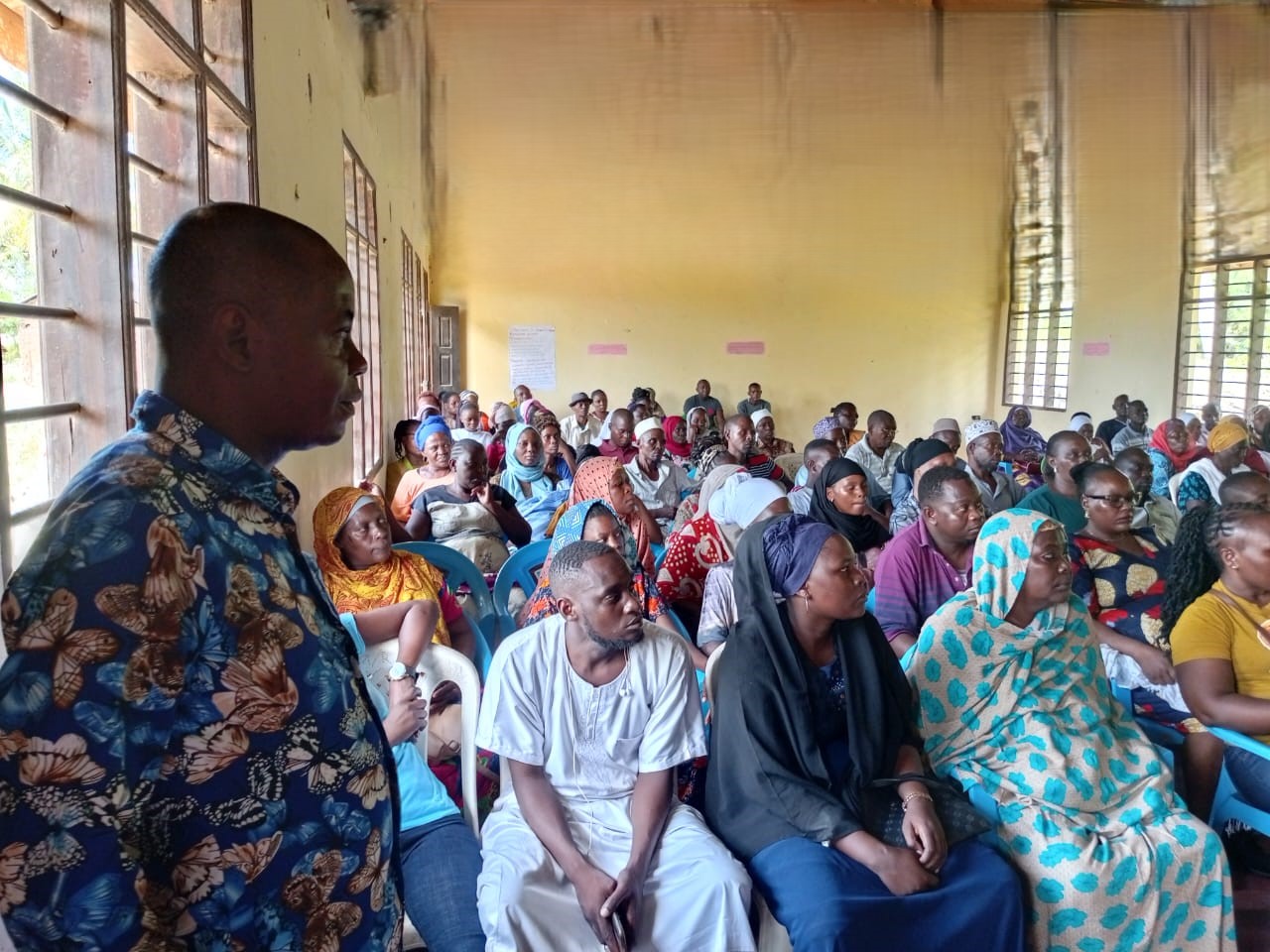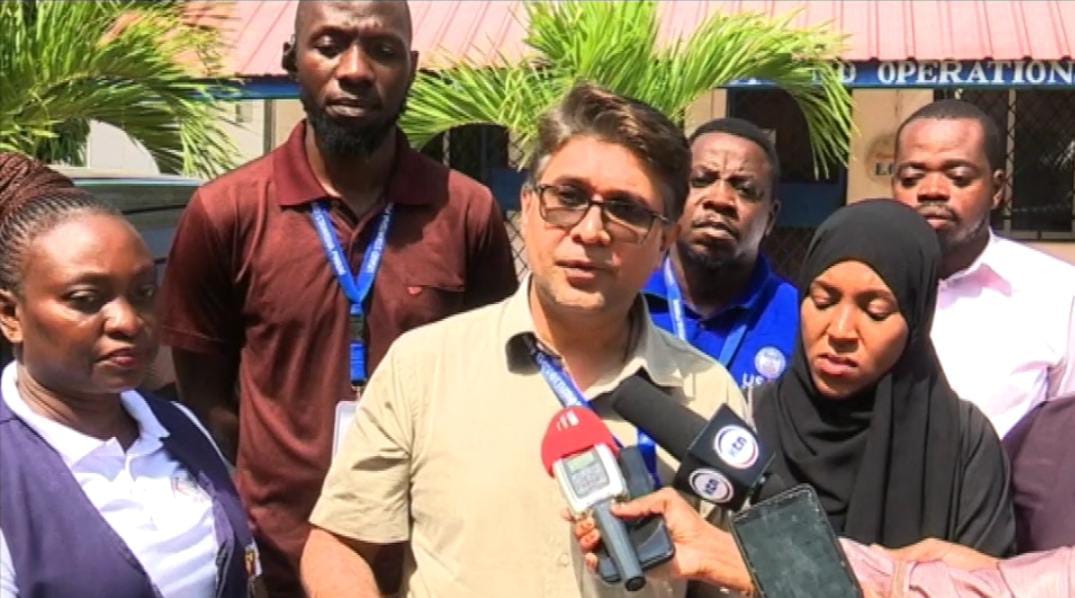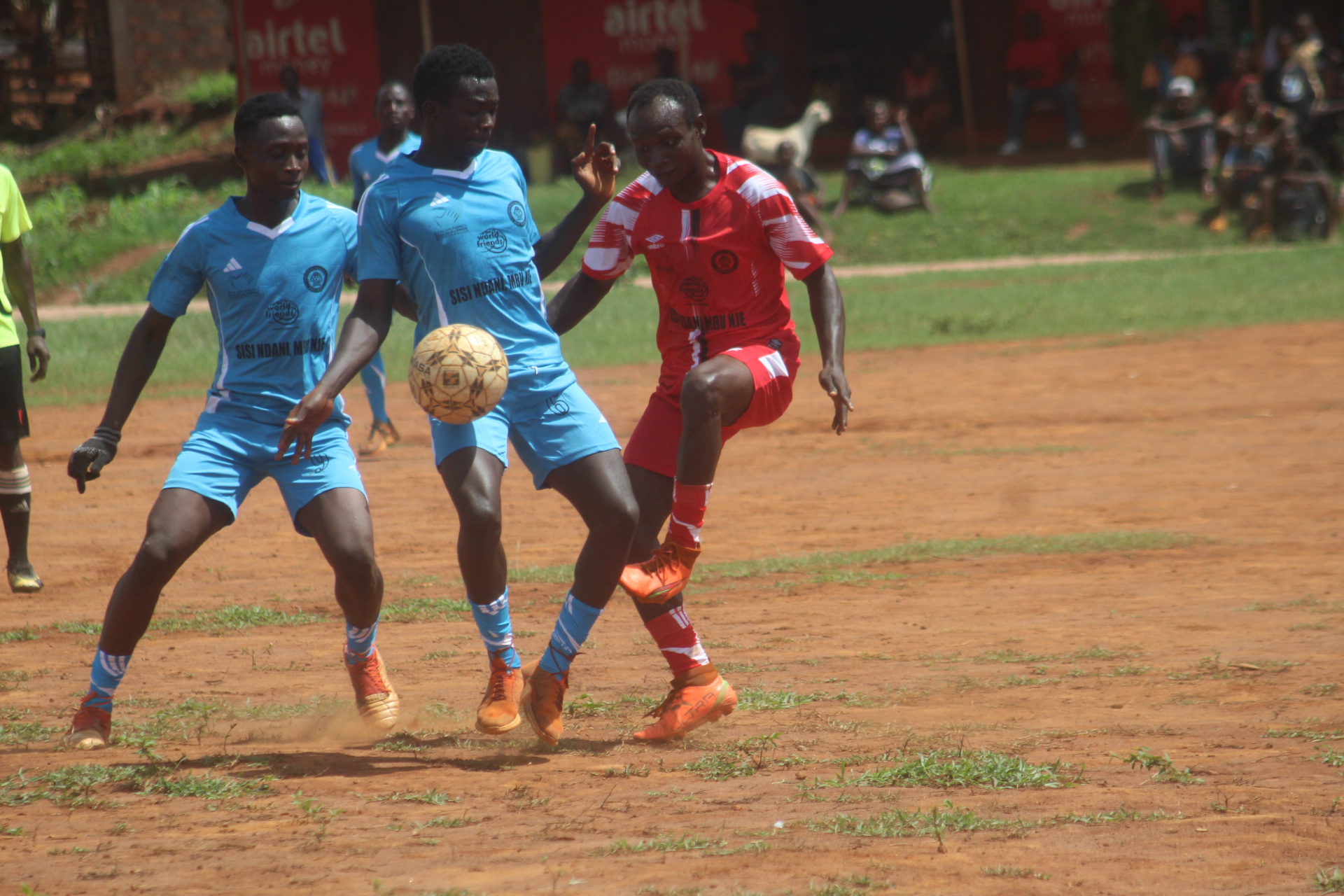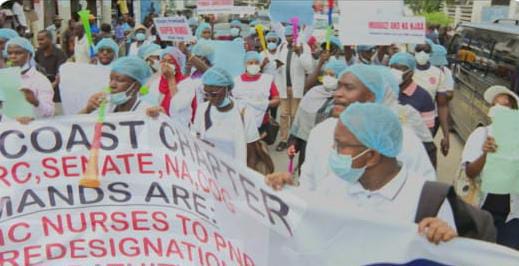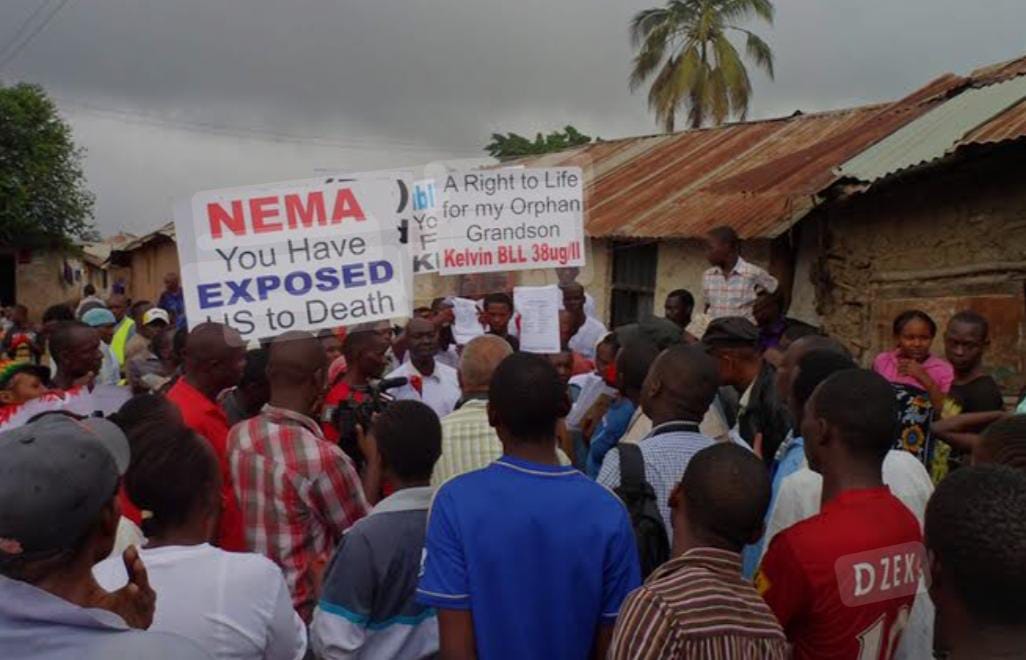Chimwaga Mwamuye, Rabai sub county public health promotion officer, at a health stakeholders meeting at a hotel in Rabai. | Photo by Chimwaga Mwamuye.
In a concerted effort to tackle the widespread malaria epidemic, over 1.4 million mosquito nets are set to be distributed, benefiting a population of the same size in Kilifi County.
The initiative, spearheaded by the Ministry of Health, aims to curb the transmission of malaria, considering it remains a significant global health concern.
Speaking to a Media for Nature reporter during a sensitization meeting with Rabai sub-county health stakeholders, Patrick Mburugu, the Head of Vector Control at the Ministry of Health, emphasized Kilifi County’s dire need for intervention, citing its substantial population and alarming malaria infection rates.
“Kilifi is among the counties in Kenya where the malaria infection rate is very high, so each household is slated to receive nets based on family size, aligning with guidelines from the World Health Organization (WHO), with a ratio of one net for every two individuals,” he said.
Nelly Mucha, Assistant County Commissioner from the Ministry of Interior, emphasized the importance of community collaboration with grassroots community health promoters and local leaders to ensure successful registration and distribution efforts.
She urged residents to dismiss rumors surrounding the nets, such as unfounded claims of adverse effects.
“I urge the community to disregard rumors alleging that the nets are talking or infested with bedbugs. I assure them that the nets are treated and safe for use,” she stated.
The Rabai sub county manager of health, Richmond Mudindi, emphasized the need for community education initiatives to counter misinformation about the nets.
He highlighted that malaria prevalence in the areas of Mwawesa and Kambe Ribe is notably high, with at least 10% of the residents afflicted by the disease.
“With this coordinated effort, there is hope that the distribution of mosquito nets will significantly reduce malaria infections and improve public health outcomes in Rabai, Kilifi County and beyond”, Mudindi concluded.
The exercise is supported by the Global Fund and USAID, with all coastal counties set to benefit from the allocation of 15.3 million nets across 22 targeted counties nationwide.

